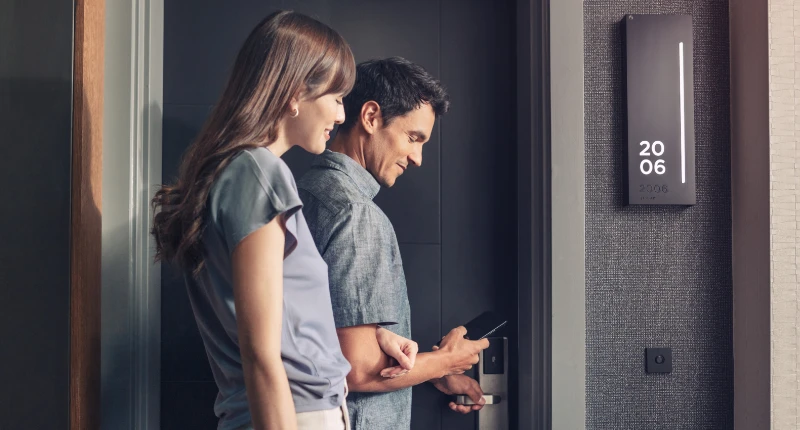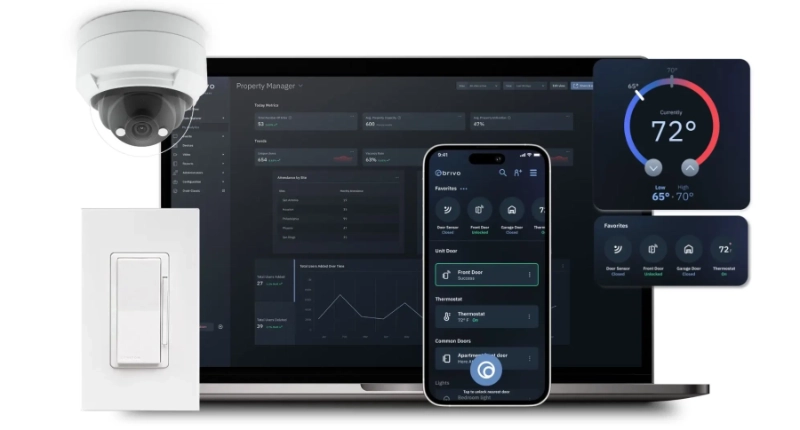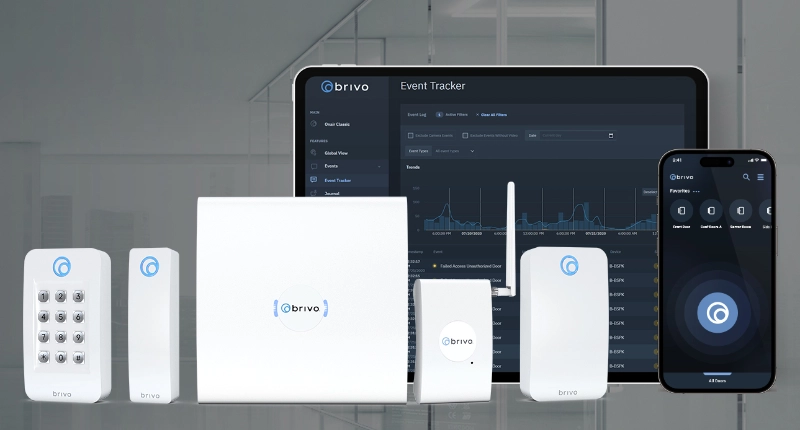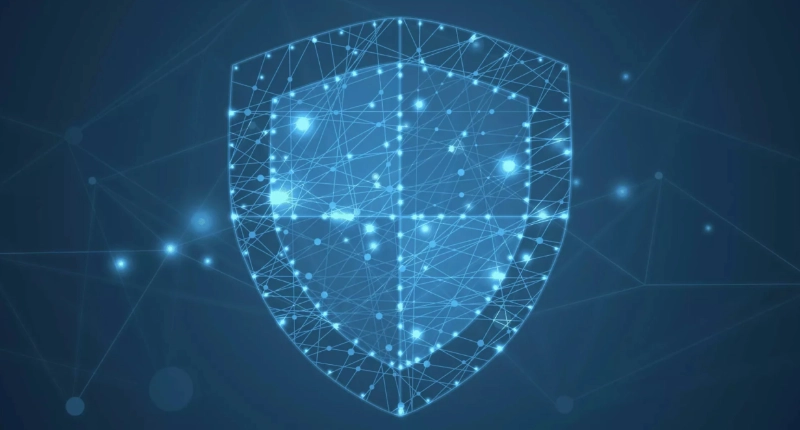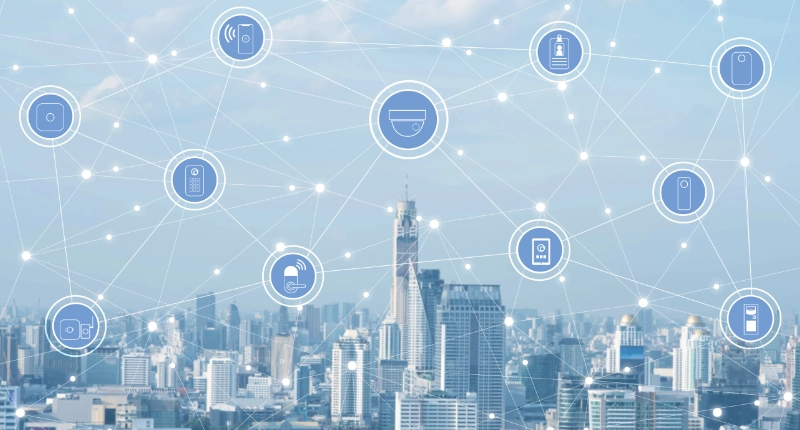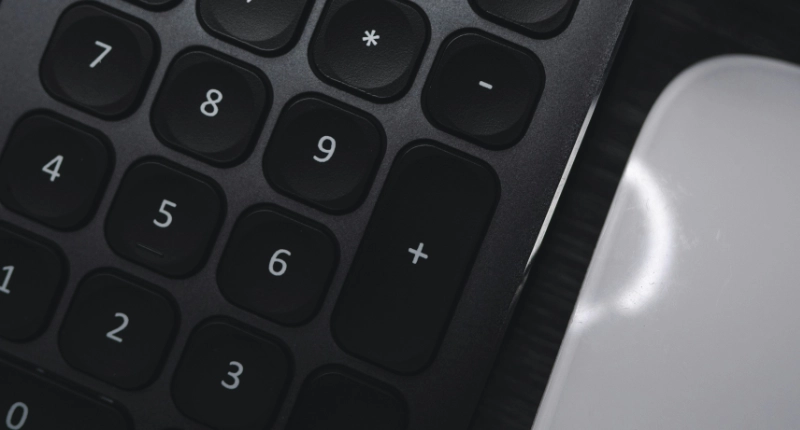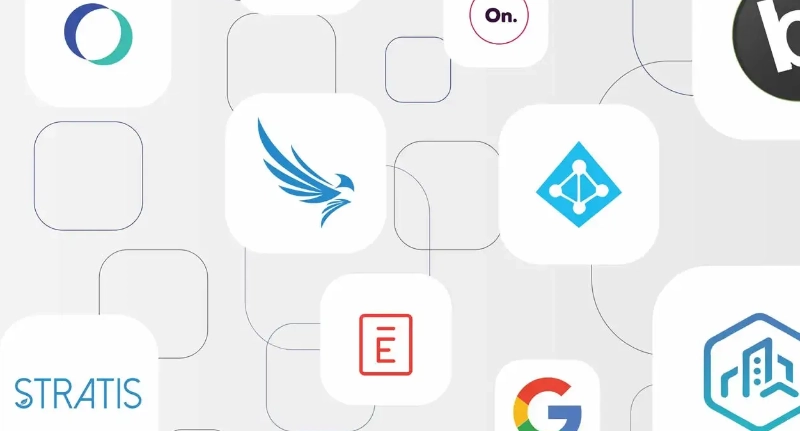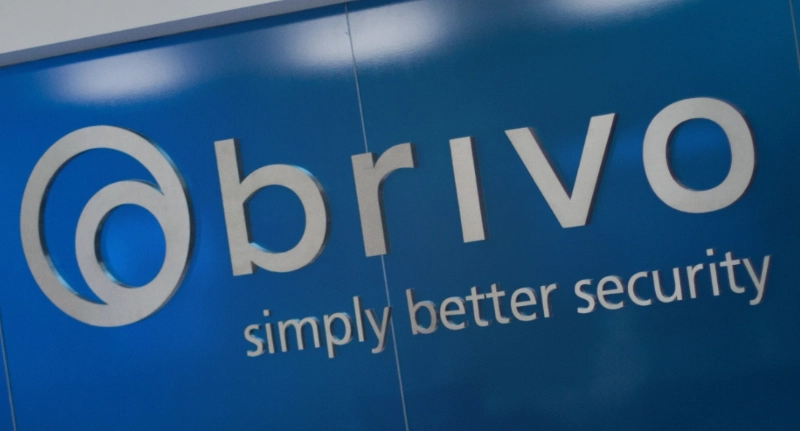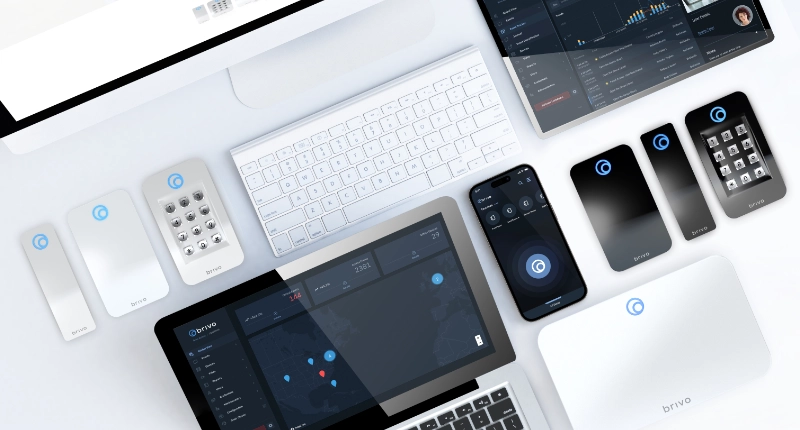It is of critical importance for healthcare institutions to ensure the safety of medical personnel, patients, records, equipment, and facilities. This must be done with minimal disruption to the doctors and nurses who are administering care. As healthcare facilities review and upgrade their physical and digital security systems, here are key trends impacting future healthcare.
Cloud Adoption Acceleration = Better Patient Care
Cloud deployments are gaining traction in healthcare. Forrester’s State of Cloud in Healthcare 2023 report revealed that 73 percent of surveyed organizations are using multiple public cloud vendors. A key driver behind this trend is the shift from paper record-keeping to digital health records. Digital health records stored in the cloud are easily updated by healthcare providers and readily accessed by patients. Cloud-based healthcare solutions are flexible and scalable to meet continuing organizational needs.
Modernizing Access Control = Improved Decision Making
Modern access control solutions (ACS) include built-in cyber defenses, health monitoring tools, and higher levels of automation. These solutions streamline tasks, automate processes, and enhance team efficiency. Upgrading to a modern, open ACS will help organizations eliminate the weak points of legacy systems and enable new capabilities, like mobile credentials, biometrics, and cloud-connected controllers and services, to implement over time.
AI-powered Video Analytics = Faster Access to Information
Integrated video surveillance for hospitals is necessary to balance patient accessibility with safeguards. Security intelligence gained from AI-powered video analytics offers significant value to healthcare facilities. Going forward, we’ll see even more video surveillance innovation, including the ability to analyze data and draw out insights far more quickly than would be possible manually. A key enabler for this is the decreasing costs of high-resolution cameras. Installing these cameras makes it possible to observe and analyze a wider-than-ever field of view and increases the effectiveness of AI and machine learning.
Automating Responses = Increased Productivity
Using integrated building and cybersecurity data can automate responses to events without adding work to security teams. In an emergency, automation could use access control to issue an alert to every staff member in the building. Additionally, it has the ability to inform the authorities of any people left in the building by using access control and video security. Automation can save lives by streamlining processes and reducing human error.
Biometric Access Control = Increased Convenience
Biometric authentication offers many benefits to the healthcare industry. It is more secure than traditional methods of authentication such as passwords and pins. Biometric authentication relies on unique physical characteristics that make it much harder for a third-party bad actor to gain access to sensitive data. Biometric authentication can reduce administrative costs, as it eliminates the need for staff to reset passwords or pins. It also reduces the amount of time needed to complete authentication processes, as biometric authentication is much faster than alternative methods.
Cyber-Physical Security Convergence = Lower Operational Costs from a Unified Security System
Siloed teams can create healthcare physical security blind spots. In 2023, the cyber-physical convergence will accelerate as organizations seek to eliminate the silos currently preventing these two essential departments from being on the same page.
Emergency Preparedness = Disaster Recovery and Mitigation
Emergency preparedness is a big trend in security and an area of focus. Security is tasked today with much more than patrolling and looking at video surveillance. Many security departments are overseeing a number of programs to help healthcare staff be prepared for any threat, either internal or external.
Parking Lot Management & Safety = Enhanced Safety
An important consideration for hospital and healthcare security is parking lot and garage management. This is one of the most overlooked areas of securing healthcare facilities. These areas are susceptible to crime and unauthorized parking among guests and hospital employees. Hospitals are securing and monitoring these areas with the combination of video surveillance, license plate recognition technology, and modern access control.
Brivo Cloud-based Access Control
Brivo provides modern access control for healthcare providers, keeping essential workers and facilities safe as they care for others. The complexity of protecting sensitive patient data, expensive medical equipment, prescription drug regulations, privacy, and employee safety necessitates robust access control throughout the healthcare industry. Download this free eBook [LINK] to learn more about Brivo’s modern cloud-based access control solutions for healthcare and wellness.
Protecting lives, assets and facilities. It’s what we do. Contact us here to speak with a security expert about your security needs or request a demo of the Brivo platform.

